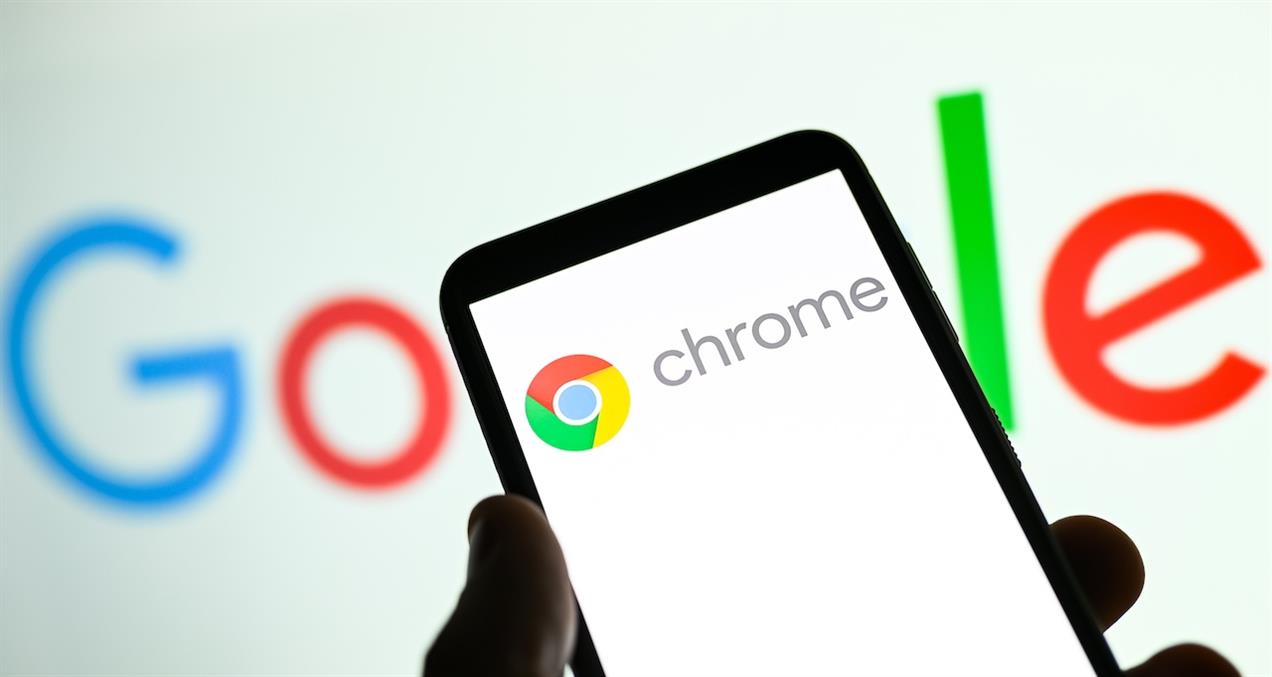In a significant ruling on September 2, 2025, U.S. District Judge Amit Mehta ruled that Google can keep its Chrome browser and Android OS but must share certain search data with competitors. This decision marks a pivotal moment in Big Tech regulation, striking a compromise between restructuring and behavioral remedies.
No Forced Divestiture, But Data Sharing Required
While the Department of Justice sought the forced sale of Chrome and Android, Judge Mehta rejected those remedies as excessive. Instead, Google is required to share portions of its search index and user-interaction data with “qualified competitors.”
This measure aims to level the playing field without dismantling Google’s core business. The judge emphasized that competitors must still engineer their own technology to make effective use of shared data.
Restrictions on Exclusive Deals
The ruling also prohibits Google from entering into exclusive distribution contracts for Search, Chrome, Assistant, or Gemini. Though Google can continue revenue-sharing agreements like those with Apple, it cannot wield exclusivity to block rivals.
Immediate Market Impact
The ruling was met with investor relief. Alphabet’s shares jumped between 7–8% after the news, reflecting optimism that Google avoided the most disruptive outcomes.
Why It Matters
This decision strikes a rare balance: addressing the DOJ’s concerns about competition without triggering dramatic market upheaval. By preserving Chrome and Android, the ruling maintains current user experience and partnerships, while opening the door for fairer competition in search.
What’s Next?
Google plans to appeal, and regulators are continuing to press on other fronts, including adtech and global investigations.
Read about how Google Introduces Generative AI Training for Nigerian Tech Talent.




https://shorturl.fm/RLLY0
https://shorturl.fm/Vsgq7